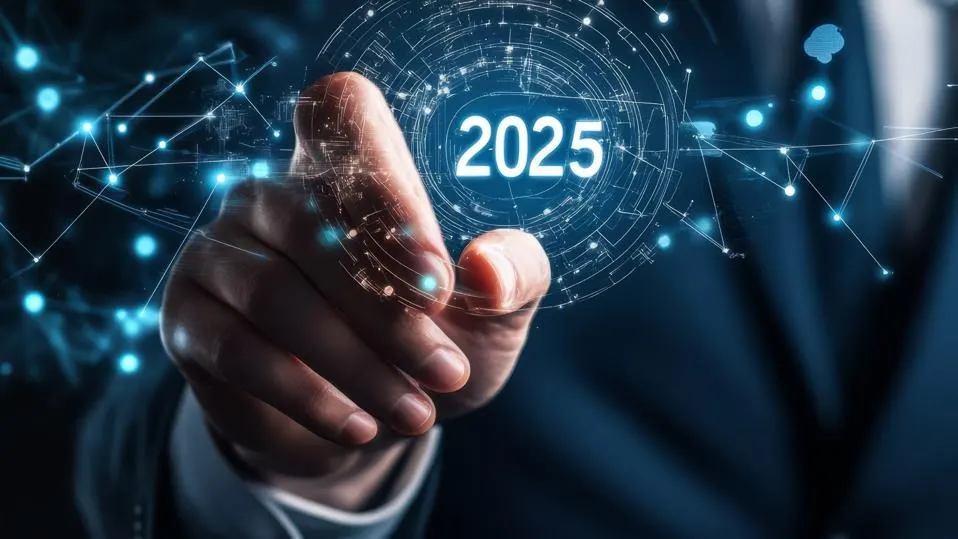Tech Trends to Watch in 2025
The tech landscape is evolving at lightning speed, and 2025 is set to be a transformative year. From artificial intelligence to quantum computing, innovations are redefining how businesses operate. Here are the top tech trends poised to dominate in 2025.

1. AI and Machine Learning Integration
Artificial intelligence (AI) and machine learning (ML) will become even more entrenched in technology platforms.
- Intelligent Automation: Predictive models will enable real-time decision-making and faster processes.
- Natural Interaction with Data: Advanced natural language processing (NLP) tools will allow users to query data in everyday language, empowering non-technical users to gain insights easily.
Gartner forecasts that by 2025, AI will be a cornerstone of enterprise data management.
2. Edge Computing and Distributed Processing
The expansion of the Internet of Things (IoT) is driving the need for localized data processing.
- Real-Time Decisions: Edge computing processes data closer to its source, crucial for industries like healthcare and autonomous vehicles.
- Decentralized Infrastructure: Businesses will increasingly rely on distributed systems to reduce costs and improve efficiency.
According to Forbes, the edge computing market will exceed $43 billion by 2027, becoming a critical component of modern technology ecosystems.
3. Enhanced Data Privacy and Security
As data usage grows, so do concerns about privacy and security.
- Stricter Regulations: New and updated laws worldwide will demand more robust approaches to data handling.
- Zero-Trust Security Models: These models will enforce continuous verification for all users, devices, and systems, safeguarding sensitive information.
McKinsey predicts substantial investments in encryption, secure computing, and privacy-preserving AI by 2025.
4. Data Democratization
Making data accessible to all employees, not just technical experts, will become standard practice.
- Self-Service Analytics: Intuitive tools will empower employees to analyze and visualize data without coding expertise.
- Collaborative Decision-Making: Cross-functional teams will work seamlessly with shared data, driving smarter decisions.
IDC estimates that by 2025, 30% of the workforce will use self-service analytics tools regularly.
5. Data as a Service (DaaS)
The „Data as a Service“ model will gain momentum due to its scalability and cost-effectiveness.
- Dynamic Scalability: Companies can expand data infrastructure on demand, avoiding heavy upfront costs.
- Data Marketplaces: The exchange and monetization of datasets will open new business opportunities and services.
Forrester highlights DaaS as a key solution for managing growing data complexity and volume.
6. Quantum Computing and Big Data
Though still emerging, quantum computing is set to revolutionize data analytics in select fields.
- Solving Complex Problems: Quantum systems will tackle challenges too intricate for classical computers, such as large-scale simulations.
- Quantum-Enhanced AI: Faster and more powerful AI models will emerge, driving breakthroughs in predictive analytics and pattern recognition.
IBM, a leader in quantum research, predicts increased enterprise interest in quantum applications by 2025.
2025 will be a pivotal year for adopting technologies that will transform the way we work and live. Companies that align with these trends will gain a significant competitive advantage, leveraging innovation to make smarter and more agile decisions.
The future is not just about data but about how we use that data to create real impact.
